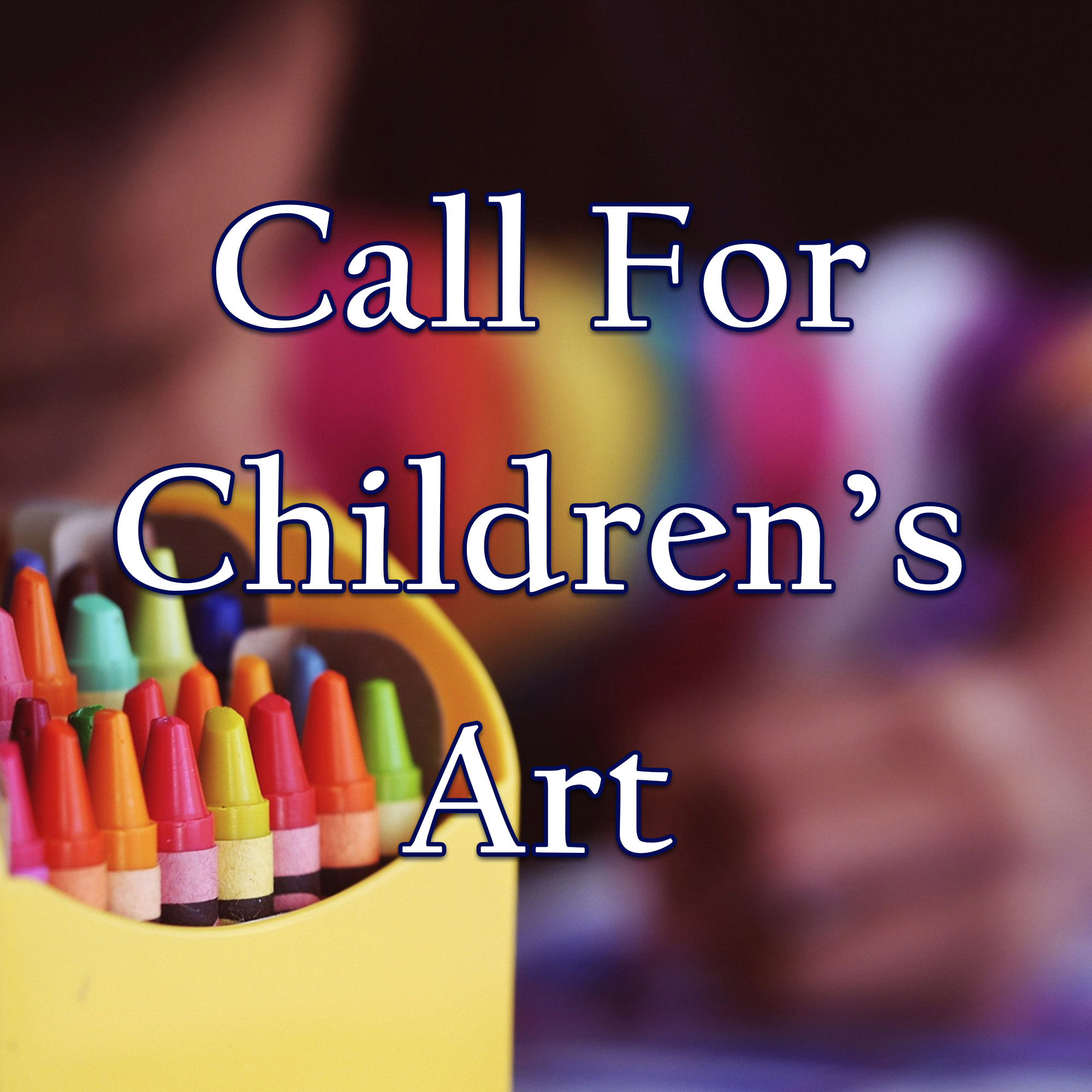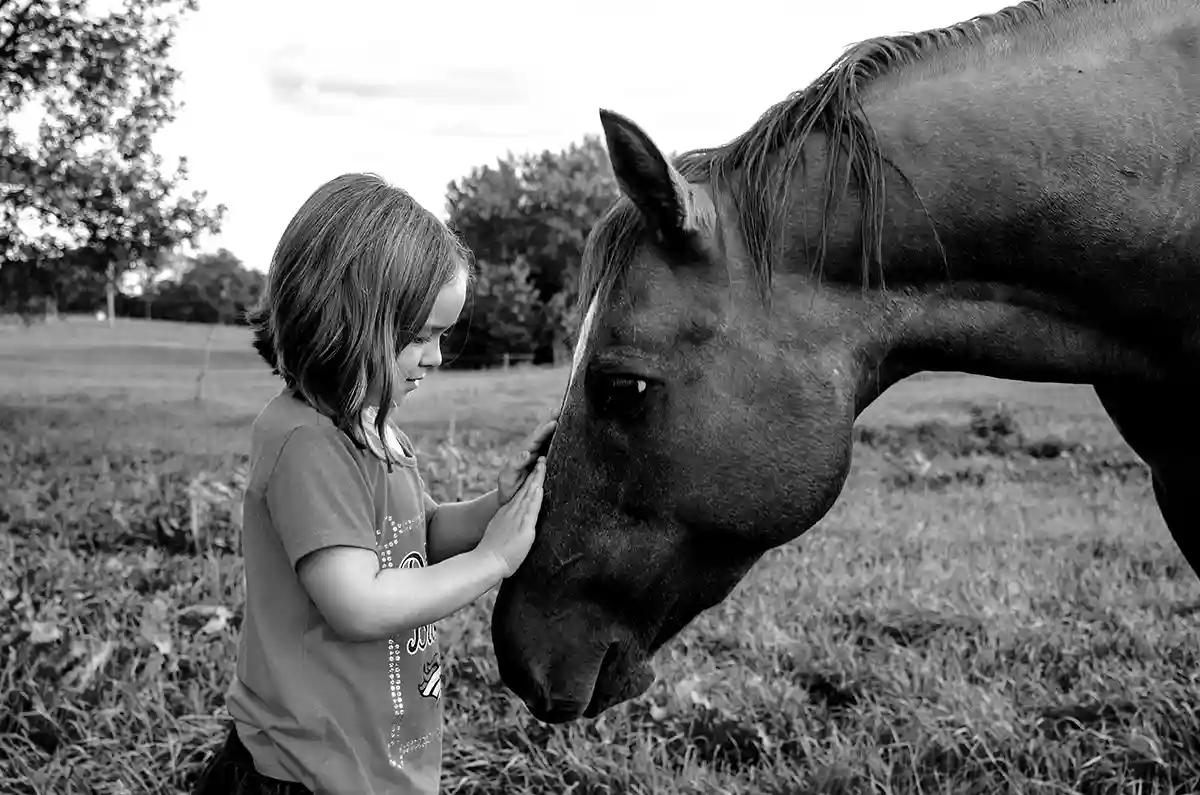Imagine waking up to the best day of your life — every day. No exception. That’s the promise of mindfulness.
Don’t believe me?
Did you know that the former Surgeon General of the United States meditates daily and considers mindfulness practice one of his four rules for health?
I’m focusing on my emotional and mental well-being. For me, an important part of that is the meditation practice that I do every morning. It’s a chance for me to center myself, a chance for me to remember who I want to be every day.
— Vivek Murthy, 19th Surgeon General of the United States
Did you know that the former Chairman and CEO of Aetna says meditation has allowed him to cope with daily excruciating pain in his arm after a 2004 ski accident?
I don’t take any drugs or meds for it. I just deal with it in a different way. Being present in the moment. Understanding that pain is part of my journey … Recovery is a state of mind. It’s not just a physical practice. If you get your mind in the right place, you can almost doing anything.
— Mark Bertolini, former Aetna CEO
Did you know that mindful focus on present awareness also heightens our sense of wonder and gratefulness? That’s the conclusion of Jon Kabat-Zinn the founder of the modern, secular mindfulness movement and of Mindfulness-Based Stress Reduction training, which is offered at 700 hospitals worldwide:
The only time that any of us have to grow or change or feel anything or learn anything is in the present moment… If you hope to grow and strengthen wisdom and bring healing into your life, you have to at some point come to the realization that this moment is precious. And not only precious, but it’s wonderful… It seems like in America there’s really only one day a year that you’re supposed to stop and be grateful for what it is that you actually have. The other 364 days you run around desperately trying to get more of what you don’t have and push away what you don’t want. What I’m suggesting is that we reverse that and start to really tune into the miraculous qualities of being alive. And instead of being on automatic pilot, see what would start to kindle the flame of being fully alive.
— Jon Kabat-Zinn, on Bill Moyers documentary ” Healing and the Mind”
And what is mindfulness exactly?
The Center for Mindfulness at the University of Massachusetts, which Kabat-Zinn co-founded, describes it as: “The intention to pay attention to each and every moment of our life, non-judgmentally.”
A key word there is “intention.” You see, mindfulness isn’t about perfection or reaching some artificial standard. It starts — and continues- – with the simple daily decision that you want to become aware of what’s really going on in you and in your life. Once you’re firm in that intention, you just need to make an authentic effort to wake up to what is. That’s the practice, and it might be easier than you think. Some people do 45 minutes a day. Some do 10 minutes. But the duration is far less important than doing it regularly.
Did you know mindfulness can free us from fear and anxiety? Professor Mark Williams is one of the co-founders of Mindfulness-Based Cognitive Theory which has been proven to help people protect against the recurrence of depression. Prof. Williams says we often live our lives based on inference, perceiving what we expect rather than sensing what is.
Our moment to moment attention is governed by guesses of what’s likely to happen – which we just confirm… When we’re under stress and we are rushing around, we’re actually trying to avoid something even though we think we are trying to get things done…. Mindfulness training is about waking up to the actual life we live. It’s not trying to get somewhere based on fear. It’s a way of discerning what our deepest values are and living in line with those values.
— Professor Mark Williams, University of Oxford.
Did you know mindfulness also leads to a sense of abundance in your life and to giving ? (And did you know giving is the source of all good things? I think so.)
The source of all abundance is not outside you. It is part of who you are. However, start by acknowledging and recognizing abundance without. See the fullness of life all around you. The warmth of the sun on your skin, the display of magnificent flowers outside a florist’s shop, biting into a succulent fruit, or getting soaked in an abundance of water falling from the sky. The fullness of life is there at every step. The acknowledgement of that abundance that is all around you awakens the dormant abundance within. Then let it flow out. When you smile at a stranger, there is already a minute outflow of energy. You become a giver.
Ask yourself often: What can I give here; how can I be of service to this person, this situation?
— Eckart Tolle
Mindfulness has the potential to help everyone. It won’t, of course. Not everyone will take the opportunity.
But anyone can.
Here’s the deal. Most mindfulness practice starts with awareness of the breath. Which means no one living is excluded from its benefits. If you can breathe, you can find equanimity. If you can breathe, you can heal yourself. If you can breathe, you can change your life.
Consider doing this 60 second exercise. Take three breaths. Inhale and say “I breathe in healing.” Exhale and say, “I breathe out gratefulness.” Or just say “healing” on the in-breath and “thank you” on the out-breath.
Then wait. Say nothing. Just listen and feel. What was it like? If you do this three days in a row I bet you’ll start to walk with a lighter step. The more you do it, (and if you get trained with a real teacher, not just an enthusiast like me), the better you will feel. Why? Because we choose our lives through how we pay attention. Health, healing and well-being all depend on our awareness.
So don’t dilly-dally. Start the best day of your life today.

*Mindfulness comes from the Buddhist tradition. (Jon Kabat-Zinn has trained in Buddhism and espouses its principles.) As any Buddhist will tell you, secular mindfulness is not the same as Buddhist meditation. However …. awareness and presence are part of many spiritual traditions. For those who do not come from religious backgrounds, mindfulness can be a non-threatening gateway to deeper connection with meaning, purpose, compassion and gratitude. Many contemplative people report that their practice helps them welcome peace and wholeness, whether they pray to God or welcome the universe or simply act and live with love. Such practice of deep connection usually hinges on awareness and acceptance.




